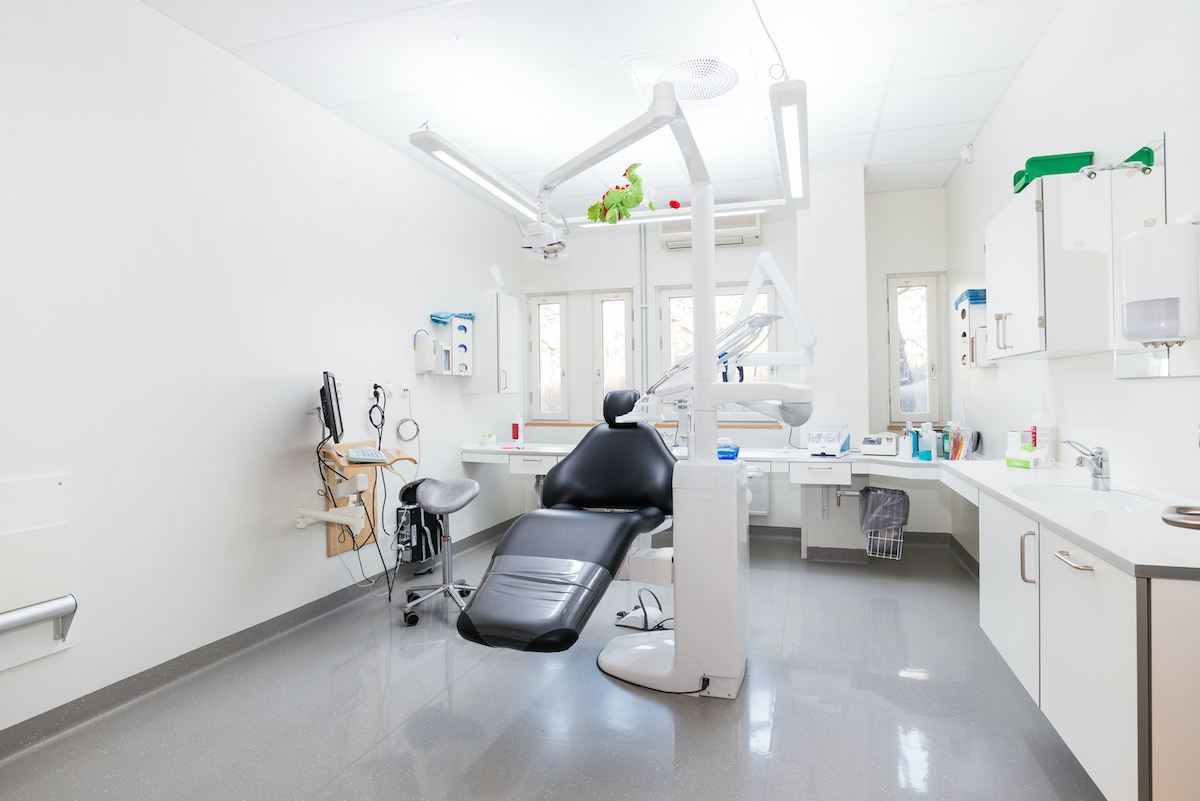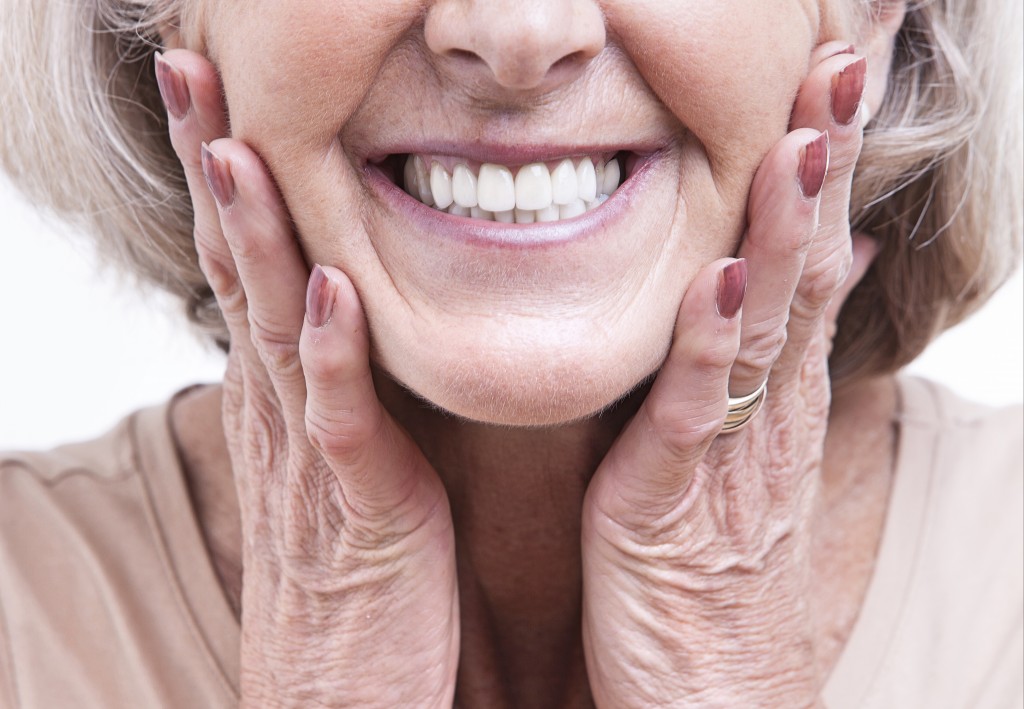Just like the rest of your body, your teeth change as you age. Daily wear and tear from chewing and grinding can take a toll on your teeth. Before you know it, you may be experiencing cavities at a faster rate than before.
That said, here are common geriatric dental problems to watch out for and how to stop them.
Periodontitis
Lack of proper brushing can result in plaque, which is a sticky substance that contains bacteria. When left untreated, plaque buildup can cause swelling and inflammation in gums. A condition is also known as gingivitis. That can further develop into periodontitis, which weakens your gum tissue and the bone that supports your teeth.
Smoking and inadequate dental care increase the risk of gum disease. Sometimes, improper nutrition can also lead to other gum issues. In severe cases, surgery is necessary for gum treatment.
Periodontitis is a long-term inflammatory condition. Without consistent dental care, it may recur over time. Good oral hygiene involves brushing teeth at least twice a day and flossing once a day. Use a soft-pick brush to reach smaller gaps between the teeth. Individuals with arthritis may have to use an electric toothbrush for more effective cleaning.

Tooth decay
The risk of tooth decay heightens as you grow older. Accumulated plaque and tartar can result in cavities that aren’t just painful but can also lead to potential tooth loss.
Tooth decay does not happen overnight. It can be a result of excessive consumption of sugary foods, decreased dental care, and a decline in saliva production.
When it comes to tooth decay, prevention is better than cure. Brushing after every meal or at least twice a day or with fluoride toothpaste can prevent tartar and sugar buildup. Also, eating a healthy diet and replacing sugary drinks with water will keep decay at bay.
If tooth decay continues to persist, it may be time to consider advanced treatments. Your dentist may recommend regular fluoride rinsing or the use of crowns to prevent further deterioration.
Receding gums
Gums are responsible for protecting the fragile roots of the teeth from bacteria and plaque. When gums recede, it exposes sensitive areas in your teeth and can lead to decay.
Gum recession is a condition typically caused by periodontitis, physical wear, and poor dental hygiene. But smoking and genetics can play a part, too. In some cases, overbrushing with hard bristles can damage your gums and cause them to push back. ;
Without proper treatment, receding gums can lead to damaged oral tissues, gum disease, and tooth loss. As always, brushing, flossing, quitting smoking, and avoiding sugary foods are the best ways to keep your gums in good shape. For more severe cases, you may have to undergo deep cleaning or gum graft surgery.
Dental diseases don’t just affect your self-esteem. They can also lead to other medical conditions that affect your entire body. The best way to keep your teeth healthy is to give it proper care and attention every day. Oral hygiene can go a long way in keeping your teeth healthy and your smile beautiful.




